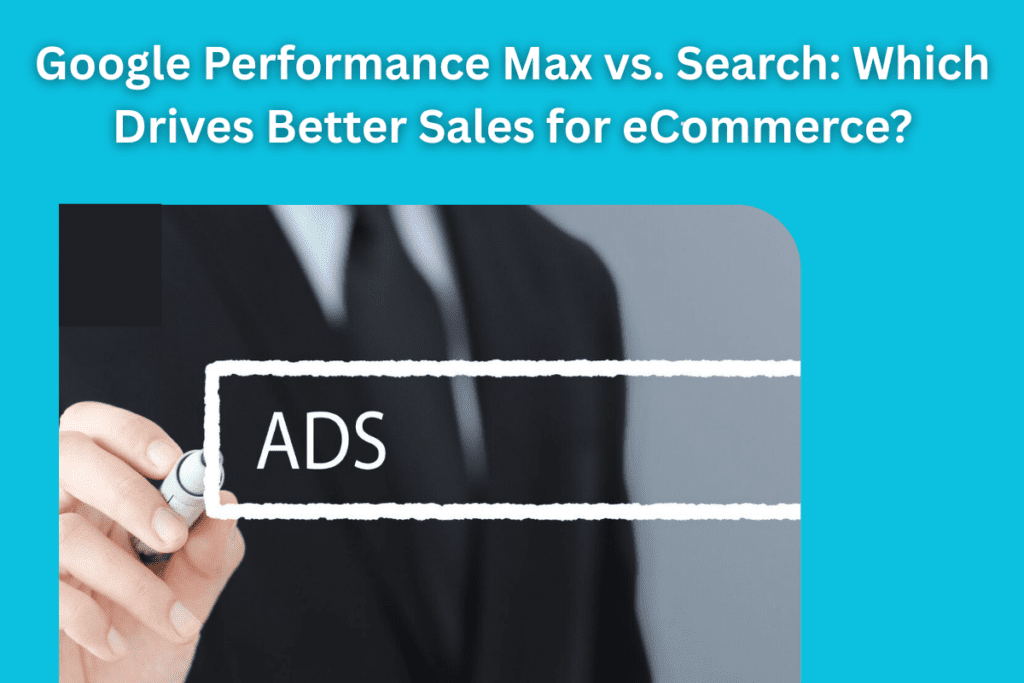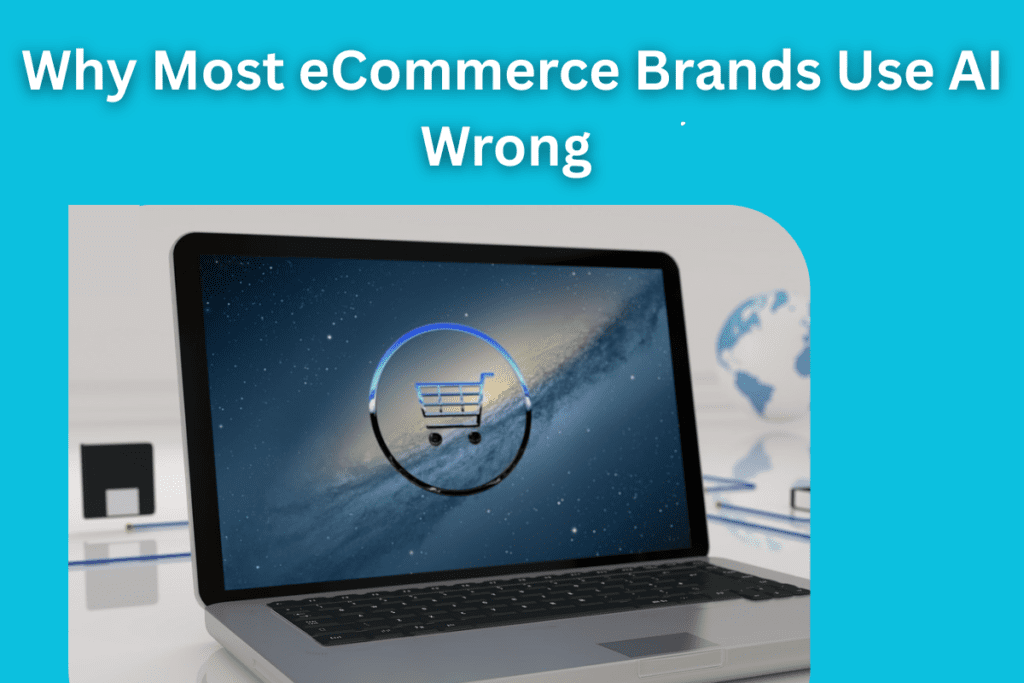How do you define ‘value’?
Does ‘value’ only equate to the monetary exchange that happens between the party conveying a product or a service to the customer? Or is ‘value’ something more? Also, does creating ‘value’ depend on the kind of business?
Above all, can we define ‘value’ in definite terms?
Questions like such depend on the mentality you have for your business. “Value” can be definite or subjective, depending on how clear you are in your own head.
The bottom-line is, understanding ‘value’ is one of the hot topics these days.
Emergence of ‘Value’
The term ‘value’ has started to gain added attention in recent times, portraying a collective image of a multitude of business exchanges. These exchanges can be anything from providing a good customer service to trying and understanding what a customer really wants.
Historically, ‘value’ has been seen under both objective and subjective lights.
The Objective Interpretation of ‘Value’
Around the 17th century, the focus of ‘value’ creation was more around the end-product rather than the whole process. That is why we see instances such as Sir William Petty’s idea of the ‘exchange of value’, in monetary terms, and Richard Cantillion’s arguments around ‘intrinsic value’.
Then, 18th century brought around Adam Smith’s “Wealth of Nation”, problematising ‘value creation’ within labour. Later, in the 19th century, David Ricardo systemised the view of ‘value’ and connected it with making profits and income distribution.
By this time, the world had its first subjective interpretation of ‘value’ by Jean-Baptiste Say. However, Karl Marx took the idea back to labour, albeit connecting it to a socialist environment. By the end of the 19th century, David Ricardo’s value theory made a comeback with the support of economists, such as Piero Srafa and Ronald Meek.
However, as expected, the objective view of value falls short on multiple fronts. This mainly includes the ethical dimensions of ‘value’, e.g. how labour is utilised and environmental damage by businesses.
The Subjective Interpretation of ‘Value’
By the 1870s, there had already been signs of well-established economic theories of the time being questioned. William Stanley Jevons, Carl Menger, and Léon Walras were at the forefront of this questioning, pointing to the fact that the whole running of economies is based on subjective, mostly individualised assessments.
Then, at the turn of the 19th century, Vilfredo Pareto, mostly famous for the 80/20 rule, connected the idea of collective welfare to individual consumption of utilities. Since then, most economists have maintained the concept of creating ‘value’ along the lines of social welfare and a collective, subjective interpretation.
However, at a more micro level, as we said earlier, how we view ‘value’ is dependent on our mentality.
We have our own way of defining ‘value’. Instead of diving straight into the idea of ‘value’ itself, we take an indirect route. Let’s define the customer first. ‘Value’ then comes out of our understanding of a ‘customer’ itself.
We can put this another way too. As ‘value’ is not a solitary term and generally comes as “creating value for customer”. So, it is sensible to define ‘customer’ first.
What is a ‘Customer’?
A customer is a client with whom we have established customs.
More specifically, a ‘customer’ is someone with whom a business has agreed upon terms and expectations that are mutually binding. ‘Client’, on the other hand, comes from the Latin word ‘clientem’, meaning to incline or bend.
So, a customer opens up to be any entity with the power to make us do something. You can be a customer of your own efforts when you are fixing your bed in the morning, as much as when you are renovating someone’s house as a business.
So, if ‘customer’ is a broad term, ‘value’ can’t be bound to a singular case either.
What does it Mean to Create ‘Value’?
From a business perspective, ‘value’ creation is the process of giving customers what they want or need.
This want or need does not need to be just financial. In fact, value creation is more of a managerial, human task, as compared to a financial one.
Further, if we broaden our understanding of a customer to anyone with the power to make us do something, the idea of ‘value creation’ broadens too.
You doing something for pleasure, money, free, or complementary – tangible or intangible – are all forms of value creation and you should not close your eyes to any of them.
Therefore, when talking about creating value for customer, whether you are a B2B or B2C business, you need to encompass more than the traditional ways of creating value. This is where you will truly unveil your potential of creating ‘value’ as a business.
Your next challenge then is to effectively share this value. This is where Axies Digital can help.
Showing Your ‘Value’ Effectively?
The business environment is changing with options popping up all over us. Customers now expect to see defined ‘value’ before ever committing.
We should not have to convince you to consider digital means to showcase your business value. However, we do want to make a case for our eligibility to provide you the right digital services.
Being a business first, digital agency second, you can already see that we put things differently. Specifically, we hold the ability to look at a problem from a deeper angle and solve it effectively. In any case, our results for our partners speak to themselves.










